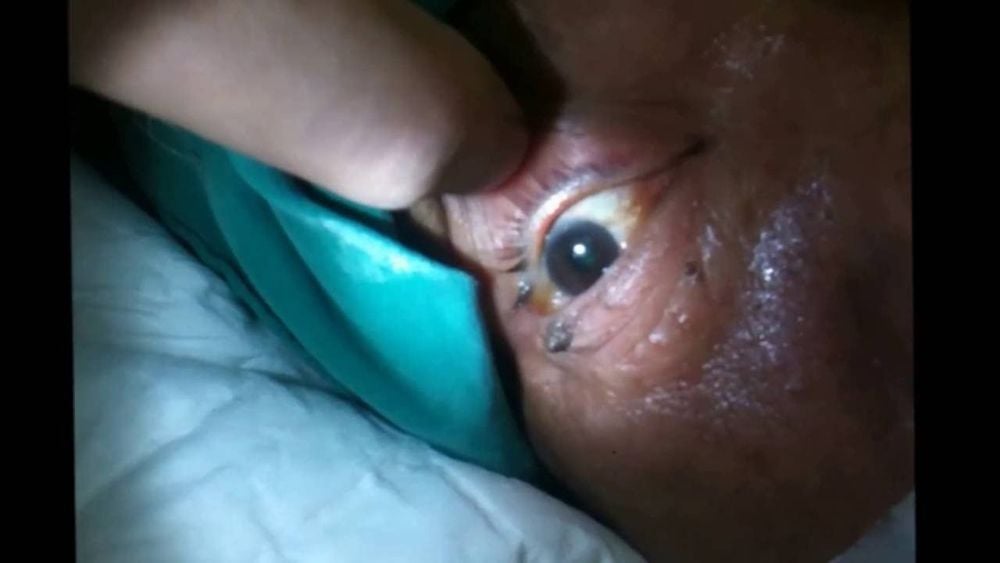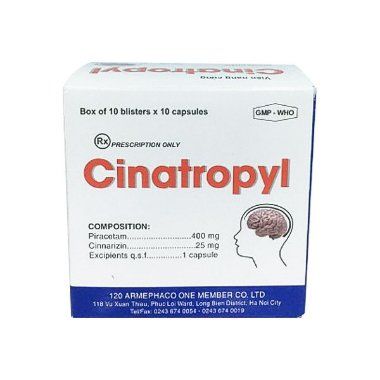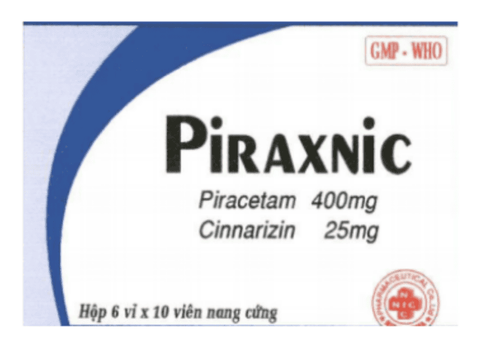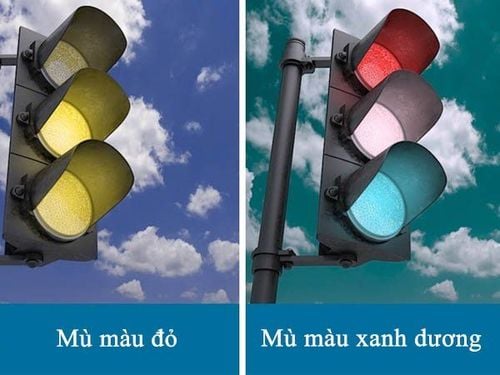This is an automatically translated article.
There are many causes of nystagmus. When symptoms appear, the body signals that you are having organ and nervous system damage, so do not be subjective and need to seek treatment as soon as possible.1. What is nystagmus?
Eye movement usually occurs when the patient moves the head. However, if the eye movement does not move the head or occurs continuously, it may be due to the impact affecting the inner ear, brain, and connecting nerves.
Nystagmus is a symptom of abnormal eye movements, repetitive, rhythmic, periodic and involuntary oscillations of the eyeball. The nystagmus can occur in one or both eyes. Nystagmus may be due to an abnormality of the vestibular system or to a partial or total abnormality of the visual system.
2. Causes of nystagmus occur
In order to control eye movement to help the eye see clearly an object, the image falls on the center of the macula is a combination of 3 mechanisms including:
Primary position fixation: when the visual system detects the image If it does not fall right on the central macula, it will send a signal to control the oculomotor system to direct the eyeball movement to achieve the correct position of the image on the central macula. Vestibular-eye reflex: This is a system that includes connections, nerve connections to maintain macular fixation when there is a change in head position. Nervous coordination: In order to control movement and maintain eyeball position, it is necessary to coordinate with the vestibular system, cerebellum, and oculomotor nuclei. These components must work properly and work together to keep the eyeball in its original equilibrium position. When there is a disorder or abnormality of one of the three bodies in the process of operation, it will affect the movement of the eyeball, causing nystagmus.

Rung giật nhãn cầu là triệu chứng chuyển động bất thường theo nhịp mắt, dao động của nhãn cầu lặp lại, có nhịp, có chu kỳ và không tự ý
3. Classification of nystagmus
From the signs as well as the characteristics of nystagmus, it helps to localize the location of the injury and at the same time to know the cause of the nystagmus.
Sensory nystagmus Patients with sensorineural nystagmus often have poor vision, nystagmus symptoms usually appear around the 3rd month after birth. Nystagmus causes:
Congenital cataract Without iris Leber congenital blindness Color blindness Macular hypoplasia associated with albinism Motor factor macular disease Eye tremor due to abnormalities of the vestibular system. The abnormality of the vestibular system causes an imbalance of signals between the two sides, creating an uneven response of vestibular and eye reflexes, causing symptoms of nystagmus. In addition, tumors and trauma of the vestibular system also cause nystagmus.
Due to motor factors Congenital nystagmus may not find the cause of visual sensory defects, usually due to abnormalities of the ophthalmic system, so when examining the patient, there is no damage to the eye. macula, retina, optic nerve, so vision is still good.
Occasional or recurrent nystagmus with frequency, may be accompanied by dizziness or loss of balance. There are external diseases such as cerebrovascular accident, nerve demyelination, trauma, ...

Rung giật nhãn cầu được phân chia làm nhiều loại khác nhau
4. How to treat nystagmus
The nystagmus cannot be completely cured. To date, there is no specific treatment for nystagmus, but it is possible to treat nystagmus to reduce it by the following methods:
Using corrective lenses for refractive errors: for the patient Using this type of glasses will help the eyes have maximum vision to help control tremors. Drug treatment: Oral drug therapy is only applicable to adults, has no effect on children with fixed nystagmus. The drug helps to treat vision loss in the eye and avoid affecting other visual functions. Intramuscular injection of botulinum toxin to temporarily relieve the tremor. However, using this technique can cause many side effects such as drooping eyelids, double vision and having to re-inject because it only has a temporary effect. Surgery: indicated for surgery in certain cases. Stop smoking or use alcohol such as wine, beer to help improve the condition better.
Best to not affect the quality of life and vision problems, when there are signs of nystagmus or related eye diseases, you should go to specialized medical facilities to are tested and have appropriate instructions from a specialist doctor.
Ophthalmology - Vinmec International General Hospital is a prestigious address that has achieved many achievements in the treatment of eye diseases such as: low-pressure glaucoma, retinal detachment, retro-ocular injection, fibrillation The treatment at the hospital is always performed by a team of highly qualified doctors who have experience in performing many types of surgery from routine to difficult surgery, especially technical ones. requires aesthetics. Besides, with a system of modern machinery, it has supported and brought the best treatment results for each customer case.













